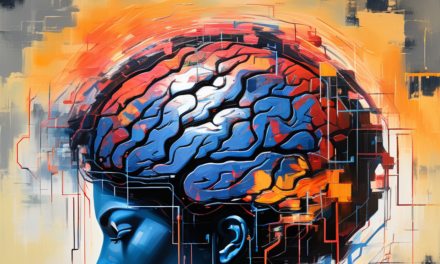New research conducted by Robert Half in partnership with the Centre for Economics and Business Research (Cebr) suggests that the rise of Artificial Intelligence (AI) could create a significant “skills glass ceiling.”
This would leave non-graduates, older workers, and those in lower socio-economic brackets at risk of being left behind.
According to the latest Robert Half Jobs Confidence Index (JCI), almost half (45%) of the UK workforce is worried that AI advancements will disrupt their careers in the next six to ten years. However, the data indicates a disparity in preparedness between graduates and non-graduates. While 31% of graduates expect access to employer-led training, only 18% of non-graduates anticipate the same opportunity between now and 2026.
The Great Divide
Graduates and those completing further education appear better positioned for success in the AI-driven job market, with 33% planning to reskill independently in the next two years compared to just 19% of non-graduates. Looking ahead, 50% of graduates plan to access training through industry and professional bodies in the next five years, compared to only 37% of non-graduates.
The data also highlights challenges facing older workers, with just 19% of over 55s seeking AI training themselves over the next few years. This could be concerning given the push to retain this demographic in the workforce, particularly as the UK economy nears full employment.
Furthermore, the research suggests that individuals from lower socio-economic groups may struggle to access upskilling opportunities. While 29% of those in higher social tiers are proactively seeking AI-related training, only 25% of those in lower social grades are doing the same, likely due to limited financial resources.
Chris Lawton, Vice President Permanent Placements UK & Ireland at Robert Half, emphasised the importance of addressing this disparity in access to training. Lawton highlighted the need for collaboration between businesses, educational institutions, industry bodies, and policymakers to ensure that all workers have the opportunity to develop the necessary skills to thrive in an AI-driven economy.






